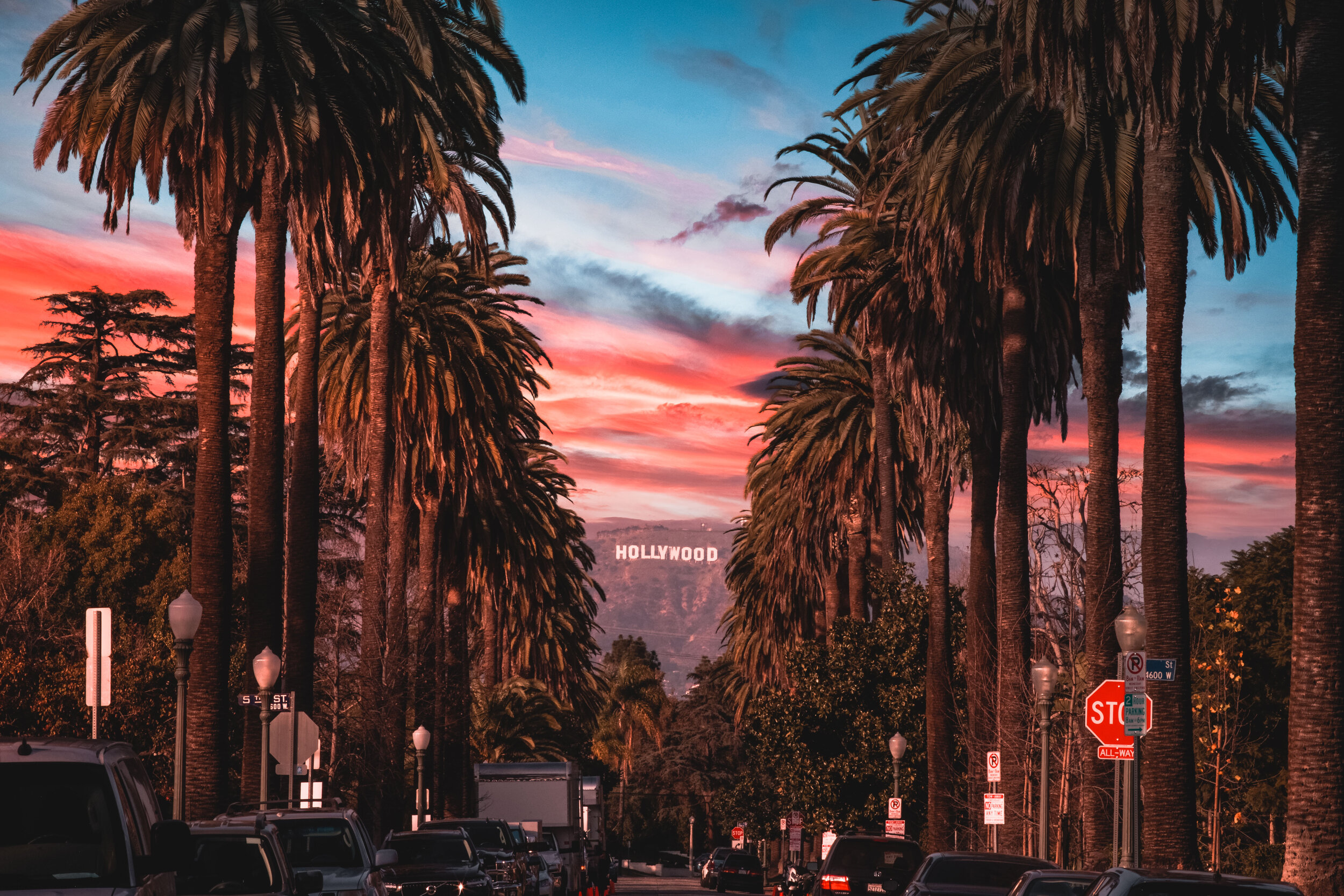Asian Representation in Hollywood (Or Lack Thereof)
2018 has brought upon us a title wave of astonishing diversity in films.
Blockbuster films such as ‘Black Panther’ and ‘Crazy Rich Asians’ are celebrated for their casts of incredibly diverse actors, nearly all of them being phenomenal colored actors. (Sorry Martin Freeman) But still, there is a concerning problem with representing a particular race that consistently goes unnoticed. A few months back when 'Crazy Rich Asians' was released into theatres, my mom and her friend watched it. When she came back, I asked her how was the film. She sighed and said, "Ok I guess, I don't really like rom-coms."
When I asked why she chose to watch it, she replied with, "I watched it because it's the first entirely Asian casted film in twenty-five years," And while shrugging her shoulders and throwing her hands up, said, "And I guess I have to support it." She wasn't the only one with that opinion. Many of my peers shared the same view. And that's the problem. We as Asians have so little proper representation in films that we are desperate. It should not have to be that way, so why then, is it still? Hollywood is whitewashing films while white actors use yellow face to portray Asian characters. If not doing that, writers create stereotypical Asian characters or just don't feature Asians in movies at all.It is no wonder ‘Crazy Rich Asians’ was so crazy successful. It was the first entirely Asian casted mainstream movie in 25 years. 25 years ago, The Joy Luck Club was released to the public. Twenty. Five. Years. I don't know how to emphasize that more other than in caps. How is that possible? We have phenomenal Hollywood Asian actors such as Constance Wu, Ken Jeong, and Kelly Marie Tran, who starred as the first Asian actress in ‘Star Wars’. Yet out of the top 100 films in 2017, 44 movies had no Asian speaking characters. That indicates about 11 out of 25 Hollywood movies had no Asian characters whatsoever. But certain Hollywood movies require Asian characters as an integral part of the story.
Still, instead of casting credible Asian actors, casting directors and executives choose to go with the old classics, whitewashing, and yellowface. Wonderful. These forms of racism should be a thing past movies such as ‘Madame Butterfly’ in 1915, where many white actors donned yellowface to play Asian characters. But they somehow reemerged into our present culture. Recent movies accused of whitewashing include 'Ghost in the Shell', Marvel's 'Doctor Strange.' and 'Aloha.' Originally Ghost in a Shell was a Japanese manga, which was later remade into an anime. But the producers of the 2017 remake somehow managed to whitewash the Japanese material, by casting Scarlett Johanson, a white actor. In Doctor Strange, the Ancient One was an old Tibetan man. However, for the movie adaptation, the writers chose to give the Ancient One a Celtic origin and cast Tilda Swinton for the role. While I myself enjoyed Tilda Swinton's acting in the movie, you can't ignore the issues surrounding her casting. Director Scott Derrickson explained "The Ancient One in the comics is a very old American stereotype of what Eastern characters and people are like, and I felt very strongly that we need to avoid those stereotypes at all costs,”
While that is true, MCU films tend to take a different course from their comic counterparts. Writers could have easily fixed the Ancient One's racial issues and turned him into a well rounded, colored character. In Aloha, Emma Stone plays Allison Ng, a biracial woman who is a quarter Chinese and a quarter Hawaiian. Once again, another use of whitewashing a colored person in films. Though from time to time, Hollywood tries to incorporate Asian actors into their films, they don't always do it right. Throughout media, there are countless Asian stereotypes. Such as the mathlete loser, the submissive Asian lady and the Asian Dragon Lady. In the upcoming film in the ‘Harry Potter’ franchise, ‘Fantastic Beasts: The Crimes of Grindelwald’, Voldemort's snake, Nagini, is played by actress Claudia Kim. This in itself has so many issues. The ‘Harry Potter’ films always had an issue concerning diversity, with its only other Asian character being Cho Chang. But casting an Asian woman as a snake is definitely not the best way to fix it. Nagini is a woman cursed to transforms into a snake for long periods of time, who also happens to be the slave to Voldemort. An Asian woman, who happens to be a snake, is a slave to a man. Not exactly sending the right messages, J.K Rowling. This choice of casting barely hides the stereotypes of the submissive Asian lady and the Asian dragon lady, the latter taken quite literally.
In the words of Twitter user @ElloEllenOh, "I feel like this is the problem when white people want to diversify and don't actually ask POC how to do so." which explains this issue perfectly. For the longest time, Hollywood has had the issue of incorporating Asians into films in a thoughtful and purposeful way. From yellowface and whitewashing to stereotypes to flat out ignoring us, they've done it all. Which is why we need movies like ‘Crazy Rich Asians’ and later Asian films to be well made, to show the rest of the world that yes, Asians are an integral part of society and should be portrayed that way in films.
Sources:
"Hollywood Sticks To The Script: Films Aren’t More Inclusive, Despite A Decade Of Advocacy." Annenberg.usc.edu. N. p., 2018. Web. 30 Oct. 2018.
Hills, Megan. "Why You Should Care About The Nagini Casting Controversy." Marie Claire. N. p., 2018. Web. 30 Oct. 2018.
"Opinion | Whitewashing, A Long History." Nytimes.com. N. p., 2018. Web. 30 Oct. 2018.
Desta, Yohana. "Doctor Strange Director Explains Why The Ancient One Was Never Going To Be Asian In The Movie." HWD. N. p., 2016. Web. 30 Oct. 2018.

